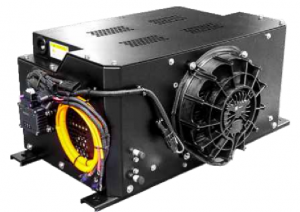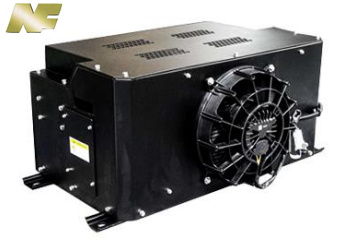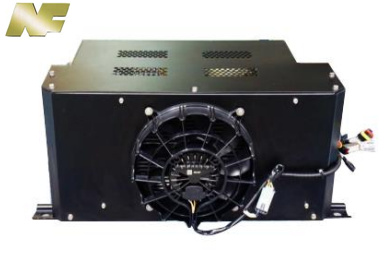As the world looks for sustainable alternatives to traditional fossil fuel vehicles, electric buses have emerged as a promising solution. They reduce emissions, run quieter and reduce reliance on non-renewable energy sources. However, one critical aspect that can significantly affect the overall performance and safety of an electric bus is the management of its battery system. In this blog, we will explore the importance of battery thermal management systems (BTMS) in electric buses and how they can help improve efficiency and safety.
1. Understand the battery thermal management system:
Battery thermal management systems are designed to regulate the battery temperature of electric vehicles, including electric buses. They utilize a variety of technologies to maintain optimal operating conditions for the battery, ensuring maximum performance and longevity. BTMS not only have a direct impact on the overall energy efficiency, but also play a vital role in preventing hazards such as thermal runaway and battery degradation.
2. Improve efficiency:
One of the main purposes of a battery thermal management system is to maintain the battery temperature within a desired range, typically between 20°C and 40°C. By doing so, BTMS can effectively manage the heat generated during charge and discharge cycles. This controlled temperature range prevents energy loss due to overheating and also reduces the self-discharge rate of the battery, thereby improving overall energy efficiency. In addition, keeping the battery within an optimal temperature range enables faster charging, allowing electric buses to spend less time idle and more on the run.
3. Extend battery life:
Battery degradation is an unavoidable aspect of any energy storage system, including those in electric buses. However, effective thermal management can significantly reduce the rate of degradation and extend the overall lifetime of the battery. BTMS actively monitors and controls the temperature of the battery to prevent extreme heat or cold that can accelerate aging. By alleviating temperature-related stresses, BTMS can preserve battery capacity and ensure the long-term operating capability of electric buses.
4. Prevent thermal runaway:
Thermal runaway is a serious safety issue for electric vehicles, including electric buses. These events occur when the temperature of a cell or module rises uncontrollably, causing a chain effect that can lead to a fire or explosion. BTMS play a vital role in mitigating this risk by continuously monitoring battery temperature and implementing cooling or insulation measures when needed. With the implementation of temperature monitoring sensors, cooling fans and thermal insulation, BTMS significantly reduces the possibility of thermal runaway events.
5. Advanced battery thermal management technology:
To further improve the efficiency and safety of electric bus battery systems, advanced BTMS technologies are being continuously developed and implemented. Some of these technologies include liquid cooling (where cooling fluid is circulated around the battery to regulate temperature) and phase change materials (which absorb and release heat to maintain a consistent temperature range). In addition, innovative solutions such as active heating systems for cold weather conditions help prevent inefficient energy consumption and ensure optimal battery performance.
in conclusion:
Electric bus Battery thermal management systems are an integral part of electric buses, ensuring efficient operation and safe transport. By keeping the battery temperature within an optimal range, these systems increase energy efficiency, extend battery life and prevent dangerous thermal runaway events. As the shift to e-mobility continues to accelerate, further advances in BTMS technology will play a key role in making e-buses a reliable and sustainable form of mass transport.



Post time: Aug-11-2023




